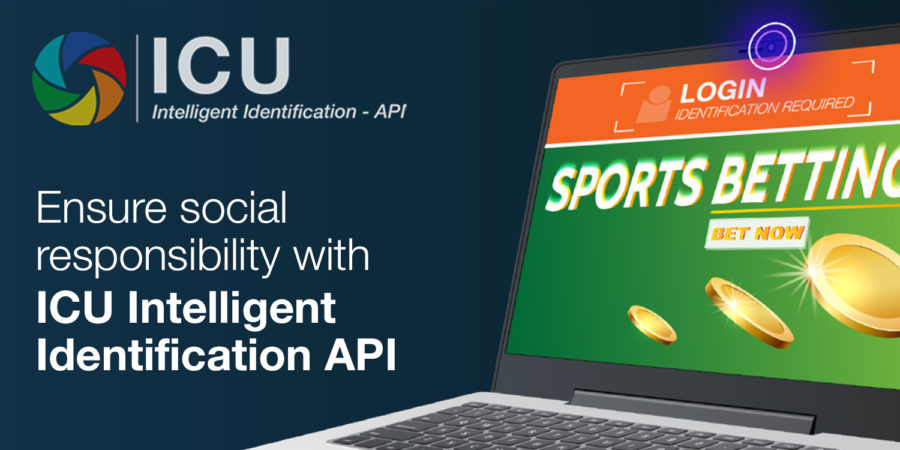Innovative Technology releases an online API

ICU API is simple to integrate with existing cameras and software, users can be added or removed quickly and easily with no hidden costs.
UK.- Innovative Technology (ITL) have released an online API alternative to their ICU Intelligent Identification device aimed at the growing online gaming market. ICU API will enable your website to perform facial recognition & age estimation. It uses customers’ existing software and device cameras to communicate with the ICU algorithm to intelligently identify users’ faces and estimate age.
This product is particularly suited to online gaming websites that could benefit from using ICU API to quickly identify and verify registered users.
Commenting on this new online version of ICU, Dr Andrew O’Brien, Product Manager for ICU said, “Implementing self-exclusion schemes in order to prevent and control underage gambling is vital for online gaming websites to encourage responsible gambling. In addition, with ICU API, loyalty and VIP schemes can be managed to identify key customers to improve engagement.”
Andrew continued, “In simple terms an API or Application Programming Interface is a method which enables one piece of software to talk to another piece of software. By implementing the API version of ICU organisations will be able to identify customers visiting their websites using facial recognition and age verification. Using ICU algorithms developed exclusively by ITL, this multi-application product is easy to use, simple to integrate, affordable and has 99.88 % world leading facial recognition
accuracy: https://www.innovative-technology.com/icu/#accuracy”
Concluding Andrew said “ICU API can also be used to help businesses through this difficult period as they find an increased level of homeworking provision due to the pandemic. ICU API can support efficient home working by controlling remote access to your organisation’s servers via intelligent
identification. For instance, it will allow only authorised persons to access the VPN giving an extra layer of security to protect sensitive company information. It could also be used to remotely verify people online to avoid visits to public buildings.”











